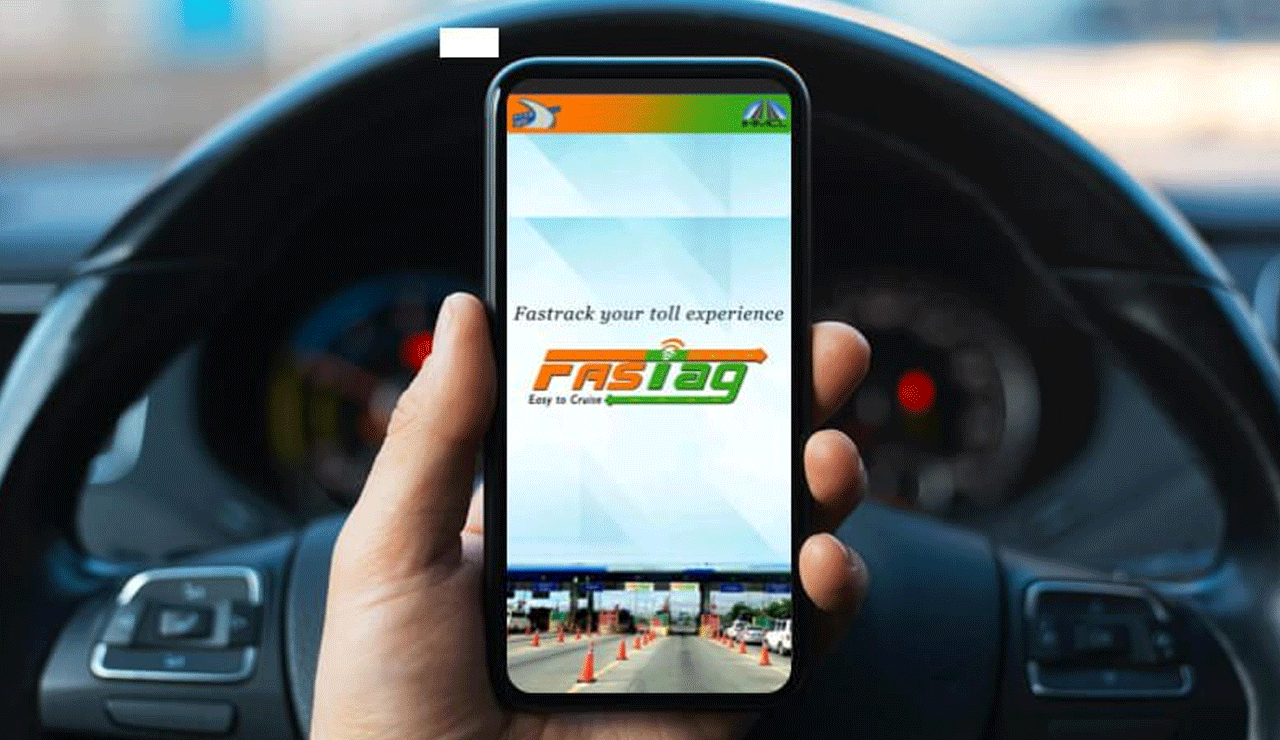New FASTag KYC Rules Begin: Check If Your FASTag Is Still Active & Steps You Must Take
Indian vehicle owners, already juggling smart number plates and e-registrations, are now facing yet another compliance mandate: Know-Your-Vehicle (KYV) verification.

Indian vehicle owners, already juggling smart number plates and e-registrations, are now facing yet another compliance mandate: Know-Your-Vehicle (KYV) verification. Enforced quietly since August 2024, KYV applies to all FASTag users and requires re-verification every three years, according to the National Payments Corporation of India (NPCI) circular released in October 2024.
Table of Contents
While the objective is to link FASTag with accurate vehicle details to prevent fraud, many users see it as yet another bureaucratic burden. The verification process mandates uploading multiple images of the vehicle and documents, even though most of these details are already verified through the VAHAN database during FASTag issuance.
What Does the KYV Process Involve?
The KYV process requires vehicle owners to submit:
- Clear front and side-angle photos of the vehicle with visible number plates and FASTag sticker.
- Internal photo of FASTag displaying its serial number.
- Digital copies of the Registration Certificate (RC) sourced directly from DigiLocker or mParivahan.
NPCI claims that the KYV initiative strengthens the One Vehicle One Tag (OVOT) policy and eliminates duplicate FASTag issuance. Non-compliance, however, may lead to FASTag deactivation, rendering vehicles ineligible for toll payments.
User Frustrations Over Rigid KYV Guidelines
Vehicle owners are expressing growing frustration online. Many have termed it as ‘digital harassment’ and ‘compliance fatigue’. Despite having already provided extensive documentation while purchasing FASTag, users are now being asked to comply with strict photo guidelines.
One user vented:
“I am sure my car photos will be rejected multiple times—for angle, clarity, shadows, or god knows what.”
The process is particularly challenging for senior citizens and individuals lacking digital literacy, further aggravating the situation.
Enforcement Without Public Awareness
Adding fuel to the fire, NPCI has directed FASTag issuing banks to:
- Automatically deactivate FASTags without valid KYV.
- Block duplicate tags linked to the same vehicle registration number.
- Mandate KYV renewal every three years or after any deficiencies are found.
The biggest concern is that these rules were implemented without any large-scale public awareness campaigns or grace periods, leaving many drivers stranded at toll plazas when their FASTag suddenly stopped working.
Is KYV Turning Into Another ‘Tick-the-Box’ Compliance?
Security and fraud prevention are undoubtedly crucial, but poorly designed compliance frameworks often lead to unintended consequences. Like KYC in banking, KYV appears to be more about ticking boxes than genuinely improving security.
Critics argue that if authorities truly want to ensure compliance while retaining public trust, they should:
- Simplify the KYV submission process across all bank portals.
- Introduce AI-powered tools to assist with minor image corrections.
- Launch widespread public awareness campaigns.
- Provide leniency for users who have already complied with previous regulations.
The Growing Burden of Compliance Fatigue
For Indian citizens, KYV has become yet another stress point in a long list of documentation, verifications, and digital compliance tasks. What was once pitched as a system to promote seamless travel is now evolving into a complex and frustrating bureaucracy.
Without urgent policy corrections and a more empathetic approach, KYV could soon become a textbook example of how poorly executed good intentions create unnecessary public distress.
If you’d like, I can also generate:
- SEO tags / keywords
- Social media captions
- Meta description for Google ranking
Shall I proceed? 🚀
